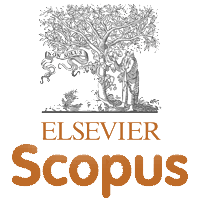THE ROLE OF PERCEIVED TRUST AS A MEDIATOR FACTOR WITHIN THE KNOWLEDGE, ATTITUDES, AND PRACTICE (KAP) MODEL IN CHATGPT ADOPTION
Abstract
The rapid spread of the use of ChatGPT in the education sector was prominent. University students, in particular, started experimenting with ChatGPT immediately, and very few studies explore ChatGPT adoption mechanisms due to its newness. This study examined how knowledge, attitude, and practice influence students' intention to adopt ChatGPT in their learning. Using an extended KAP model, this paper developed and empirically tested a model explaining students' adoption of ChatGPT. In total, 384 respondents from a representative sample of Jordanian Universities were surveyed. The hypotheses were analyzed using structural equation modelling (SEM). The results showed that the students' adoption of ChatGPT is influenced by three major factors: knowledge (K), Attitude (A), and Practice (P). However, Trust (T) was insignificant in moderating students' adoption of ChatGPT. The study contributes to the new knowledge regarding the moderating effects of Trust as part of the KAP model, which has been a significant concern in the literature on education application. These findings can be helpful to policymakers in the education sector to advance their understanding of ChatGPT adoption mechanisms.






